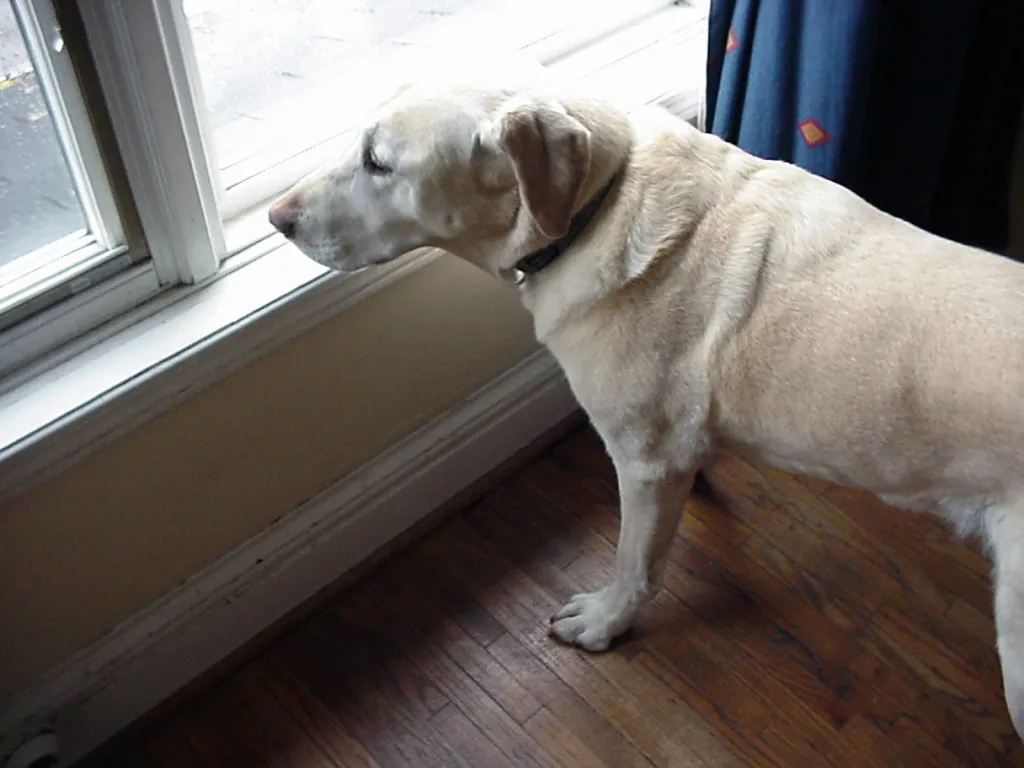Dealing with a puppy that constantly nips and bites can be one of the most challenging aspects of raising a young dog. Whether it’s your ankles, hands, or clothing, this behavior often leaves new puppy owners feeling frustrated and unsure of how to proceed. The good news is that with the right understanding and consistent Puppy Training Biting Problems Solved can be achieved, paving the way for a well-behaved companion.
Understanding Puppy Nipping and Biting: Why It Happens
Puppies, much like human babies and young children, can become overstimulated or overtired, leading to crankiness and undesirable behaviors like biting. This often stems from too much unsupervised free time without adequate mental or physical challenges. When a puppy is allowed too much freedom without proper guidance, they can become wild and resort to nipping as a way to engage or express their overstimulation. Just as babies need plenty of nap time in a safe spot, and children require structured activities, puppies thrive on a balanced routine that includes stimulation, guidance, and essential rest periods. Puppies are the same and require stimulation, guidance, and plenty of nap time.
Proactive Management: The “Clock Watch” Method
One of the most effective strategies for preventing excessive puppy biting is to proactively manage their awake time. Observe your puppy closely and identify when their nipping behavior typically begins. For instance, if you notice the biting starts about 30 minutes after your puppy is out of their crate, then next time, consider putting them back in their crate for some quiet downtime after just 20 minutes. This “clock watch” method helps you preempt overstimulation and ensures your puppy gets the rest they need before they become overtired and extra bitey. For proper crate use, review House Training.
Keeping Your Puppy Engaged and Stimulated
The time your puppy spends out of their safe spot should be both stimulating and interesting. Engage them with challenges and fun activities that require them to think and do. By actively motivating and properly supervising your puppy during these periods, you not only prevent the development of wild, uncontrolled behavior, but you also make the most of your time together. This approach ensures your puppy is genuinely tired and ready for a rest when they go back into their crate, leading to a happier pup and a more confident owner. You are setting your puppy up for success, helping them blossom into a great friend for life.
Troubleshooting Common Biting Incidents
Even with proactive management, isolated biting incidents can still occur. Rest assured, puppy biting is a normal part of development and will naturally decrease as your pup matures, peaking and ebbing during teething (around 4.5 months) and adolescence. In the meantime, here are some quick solutions:
- Does your puppy need a nap? An overtired puppy is often an extra bitey puppy.
- Is your puppy hungry? A hungry puppy can also be more prone to nipping. Offer a meal or a healthy snack.
- Direct to an acceptable activity. If your puppy is trying to bite you, immediately redirect their attention to an appropriate chew toy or activity. Excellent options include bully sticks, knuckle bones, yak cheese, or hooves.
- Does your puppy need to burn energy? Sometimes, a vigorous game of tug followed by a good chew toy can help release pent-up energy, reducing the impulse to bite.
Creative Solutions and the Right Mindset
There isn’t a one-size-fits-all solution for puppy nipping and biting; it requires you to be creative and adaptable. The key is to stay engaged with your puppy and consistently set them up for success. This means taking responsibility for managing situations and developing appropriate solutions, rather than placing the blame on your puppy.
It’s crucial to remember that dogs explore the world with their mouths, making biting a natural puppy behavior. Getting angry or punishing your puppy will not solve the problem. Instead, focus on patiently and consistently teaching your young puppy what is acceptable behavior. This requires patience, effort, and unwavering consistency.
 Well-managed puppy enjoying quiet time, illustrating successful biting prevention
Well-managed puppy enjoying quiet time, illustrating successful biting prevention
The Importance of Ongoing Preventative Exercises
All preventative exercises designed to curb biting and promote good behavior should be performed regularly throughout your dog’s first year. Aim to practice these exercises once or twice a week during their first 14 weeks, then progress to once every couple of weeks, and periodically until your dog reaches sexual maturity (see Your Puppy’s Development). Even after they are grown, it’s important to revisit these exercises occasionally, as dogs, like people, can get rusty without consistent practice.
By understanding the roots of puppy biting, implementing proactive management strategies, and consistently redirecting behavior with patience and creativity, you can effectively resolve puppy training biting problems solved. This dedication will foster a strong bond and lead to a well-adjusted, delightful canine companion.
